Pakistan's citizenship eligibility requires meeting specific criteria including parental citizenship, naturalization with Urdu proficiency and 5-7 years' residency, good moral character, and clean criminal record. Foreign nationals need to understand visa requirements for travel. Application processes involve thorough documentation checks and online forms. Pakistan offers diverse accommodation options for travelers. Citizenship acquisition through registration or naturalization has distinct requirements. Understanding legal criteria is vital for successful applications. Recent reforms have simplified processes and encouraged cultural integration.
“Exploring the path to Pakistani citizenship? This comprehensive guide unravels the intricate process, offering valuable insights for those aspiring to become a part of this vibrant nation. From eligibility criteria to legal requirements, we demystify the journey. Learn about naturalization and registration, discover essential documents needed, and understand the steps to acquire a Pakistani passport. Additionally, we shed light on recent amendments in Pakistan’s citizenship laws, ensuring you’re informed every step of the way.”
- Eligibility Criteria for Pakistani Citizenship
- Types of Citizenship: Naturalization and Registration
- Necessary Documents for Citizenship Application
- Process of Applying for Pakistani Passport
- Legal Requirements for Citizenship Acquisition
- Recent Amendments in Pakistan's Citizenship Laws
Eligibility Criteria for Pakistani Citizenship
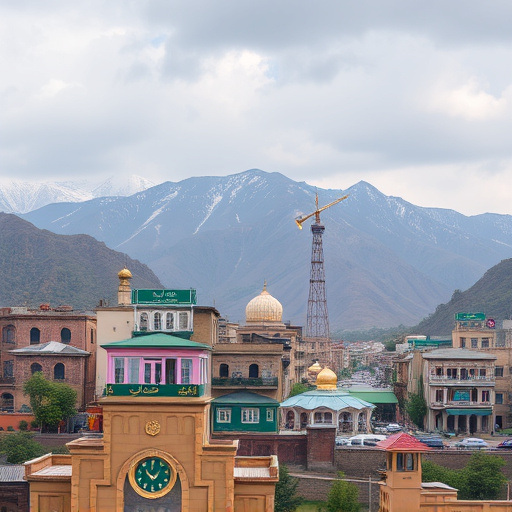
In Pakistan, citizenship eligibility is governed by specific criteria as outlined in the country’s constitution. To be considered for Pakistani citizenship, applicants must meet several key requirements. Firstly, they should have at least one parent who was a Pakistani citizen at the time of their birth. Alternatively, individuals can acquire citizenship through naturalization, which involves a rigorous process that includes proficiency in the Urdu language—a national language of Pakistan. Proficiency can be demonstrated through various means, including learning Urdu online, successfully completing language courses, or passing a comprehension test.
Additionally, applicants must reside in Pakistan for a specified period before applying for citizenship. This residency requirement varies depending on individual circumstances but generally involves living in the country for at least 7 years without any legal interruptions. Other considerations include good moral character and a clean criminal record. For foreign nationals seeking Pakistani visas, such as those from America wishing to visit or live in Pakistan, understanding visa requirements is crucial. Similarly, those planning train travel in Pakistan should be aware of the necessary documents and procedures to ensure a smooth journey. To facilitate this process, several accommodation options are available for business and leisure travelers, giving them a comfortable stay while they navigate these formalities.
Types of Citizenship: Naturalization and Registration
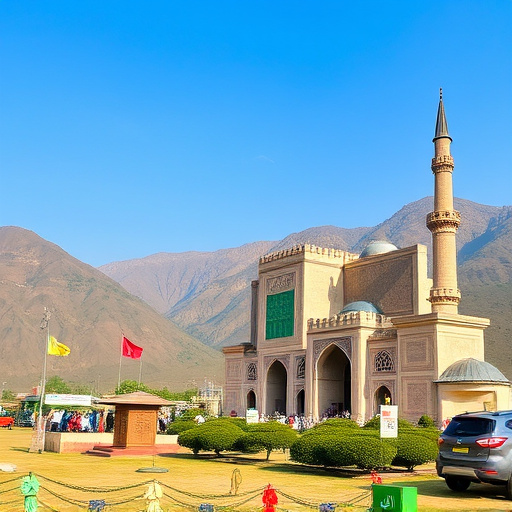
In Pakistan, citizenship can be acquired through two primary means: naturalization and registration. Naturalization is typically reserved for individuals who have lived in the country for an extended period, usually five years or more. Applicants must demonstrate good conduct, a stable financial position, and proficiency in the national language (Urdu) to qualify. This process involves rigorous background checks and a commitment to adhere to Pakistan’s laws and constitution.
On the other hand, registration is open to those born in Pakistan or to parents who are Pakistani citizens. Children of foreign parents who meet specific criteria, such as being raised in Pakistan since birth, can also apply for citizenship through registration. Unlike naturalization, which has stricter requirements and a more complex process, registration is generally simpler and faster. However, all applicants must provide necessary documents and prove their connection to the country, similar to the do’s and don’ts for respectful travel, to ensure a seamless and legal acquisition of Pakistani citizenship. Even if you’re not planning on exploring the vibrant islamic architecture in Lahore or indulging in top outdoor activities for nature lovers, understanding these requirements is essential for anyone seeking to become a part of Pakistan’s diverse tapestry through official recognition.
Necessary Documents for Citizenship Application
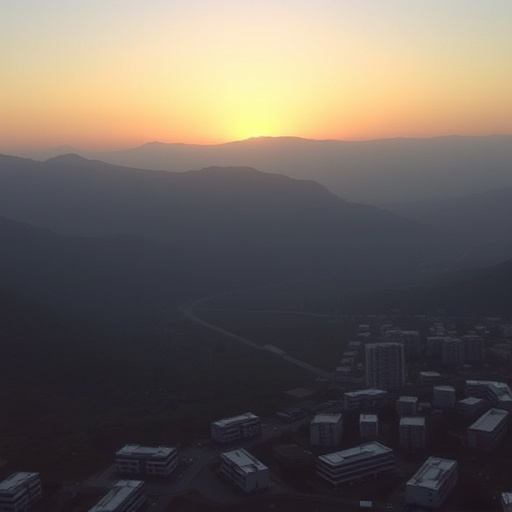
When applying for Pakistani citizenship, several crucial documents are required to ensure a smooth process. First and foremost, applicants must provide valid identification proofs such as a National Identity Card (NIC) or Passport. These documents serve as the primary means of verification during the application stage. Additionally, a birth certificate is essential, particularly for individuals born within Pakistan, to establish their citizenship status from birth.
For those who have acquired Pakistani citizenship through marriage, they must present marriage certificates along with other supporting documents like proof of residence and financial stability. If an applicant is a foreign national looking to naturalize, they will need to provide detailed information about their current country of residence, travel history within Pakistan (especially for female travelers exploring the country or those seeking safe travel tips for women in Pakistan), and may require local market references from Karachi or other urban centers, showcasing their integration into Pakistani society. Remember, giving us a call at Pakistani folk music and dance can offer cultural insights that enrich your understanding of the country.
Process of Applying for Pakistani Passport
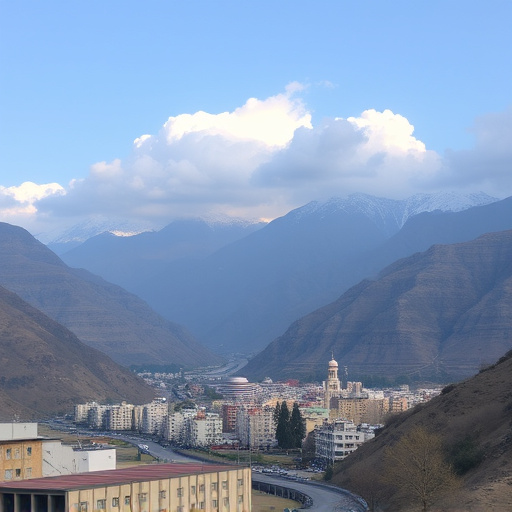
Applying for a Pakistani passport involves several steps that require careful attention to detail. Individuals seeking citizenship must first gather essential documents, including birth certificates, proof of parentage (for minors), and valid identification cards such as a National ID Card or foreign passports. It is crucial to ensure all documents are up-to-date and accurate.
Once the required papers are in order, applicants can complete the online passport application form, available on the official website of the Pakistan Passport Authority. This digital process streamlines the application procedure, making it more efficient. After submission, individuals will receive a confirmation for further instructions, including payment details for biometric services and the collection of fingerprints. An important aspect of this journey is staying informed about the progress through regular updates from the authority. Additionally, those interested in exploring Pakistan’s rich cultural heritage can consider learning traditional art forms and festivals or even delving into its captivating Islamic architecture, like that found in Lahore. For any queries, it’s as simple as giving us a call at Pakistani folk music and dance.
Legal Requirements for Citizenship Acquisition
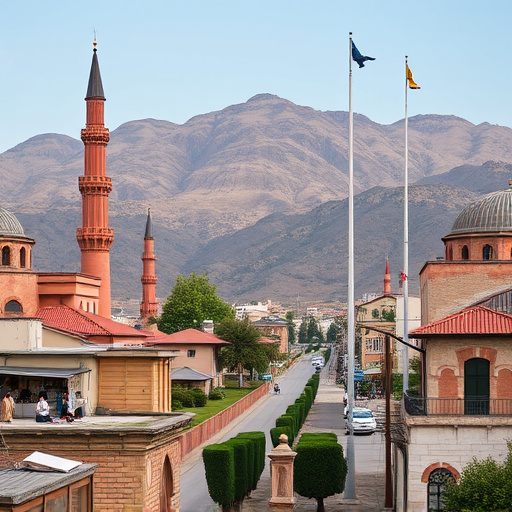
Acquiring Pakistani citizenship involves meeting specific legal requirements set forth by the country’s government. To become a citizen, individuals must be of legal age and have no criminal record. They should also possess a valid passport and meet the residency criteria, typically residing in Pakistan for at least five years before applying. The process for foreign nationals includes submitting an application to the Civil Registration Department, along with necessary documents such as birth certificates, marriage certificates (if applicable), and proof of residence.
It’s important to note that certain categories, like descendants of Pakistani citizens or individuals who have contributed significantly to Pakistan’s cricket or other sports, may have expedited paths to citizenship. For those interested in becoming a part of this diverse nation, understanding these requirements is the first step. If you have questions about the requirements and process for foreign nationals, give us a call at pakistan train travel guide—we’re here to help.
Recent Amendments in Pakistan's Citizenship Laws

Pakistan’s citizenship laws have undergone significant changes in recent years, reflecting the country’s evolving policies and priorities. These amendments aim to streamline the naturalization process while addressing various social and economic considerations. One notable update is the introduction of a simplified application procedure, making it easier for foreign individuals to navigate the path to Pakistani citizenship. Additionally, there has been a focus on promoting cultural integration by emphasizing the importance of proficiency in the Urdu language and knowledge of Pakistan’s history and traditions.
For those aspiring to obtain a Pakistani driving license, understanding these new regulations is crucial. The updated laws also encourage participation in local events and find us at cultural festivals in Pakistan, fostering a sense of community and belonging among new citizens. Furthermore, the best time to visit Pakistan has never been more promising, as the country welcomes diverse individuals with open arms, all while enhancing its cricket heritage—a sport that holds a special place in the nation’s heart.
In conclusion, understanding the requirements for Pakistani citizenship involves navigating a comprehensive set of criteria and processes. From eligibility based on lineage and residency to specific legal documents and applications, prospective citizens must adhere to strict guidelines. Recent amendments in Pakistan’s citizenship laws further emphasize the importance of thorough knowledge and careful documentation. By familiarizing themselves with naturalization, registration, and the step-by-step application process, individuals can ensure their path to Pakistani citizenship is both legally compliant and efficient.
